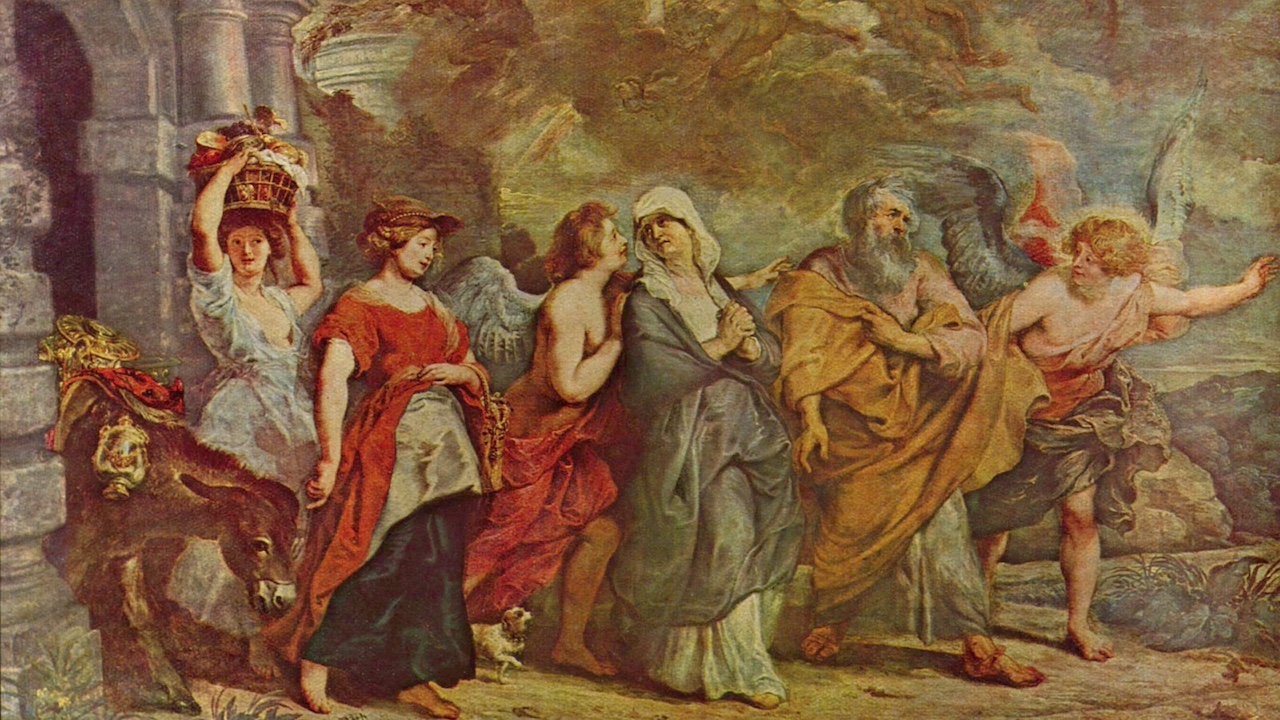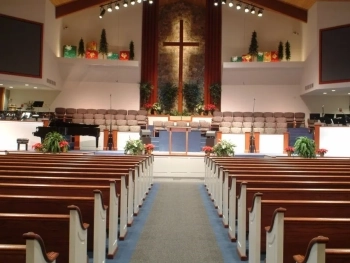The biblical narrative of Abraham, often hailed as the father of three major monotheistic religions, is a compelling saga that unfolds with the divine call that would alter the course of history. Beyond the well-known aspects of his journey, the call of Abraham holds unexplored nuances that provide a richer understanding of this foundational figure's significance.
I. The Divine Summons: A Radical Departure
Abram, as he was initially known, lived in Ur of the Chaldeans—a prosperous city with its own gods and customs. However, amidst the familiar comforts of his homeland, Abram received a radical call from God. The divine directive was clear: "Go from your country, your people, and your father's household to the land I will show you" (Genesis 12:1, NIV).
II. Leaving the Familiar: A Test of Faith
The call of Abraham was not merely a change of location but a call to leave behind the familiar—a test of faith that required abandoning the security of his homeland, family, and established way of life. This call marked the beginning of a journey into the unknown, guided only by faith in the unseen promises of God.
III. The Promise of Descendants: A Legacy Foretold
Central to the divine call was the promise of descendants as numerous as the stars in the sky. For Abraham, who was childless at the time, this pledge carried profound implications. The call was not just about physical relocation but about becoming the patriarch of a multitude that would shape the destinies of nations.
IV. Covenant and Circumcision: Sealing the Promise
In Genesis 15, God establishes a covenant with Abraham, reiterating the promise of descendants and land. The covenant is sealed through a symbolic act—circumcision. This ritual marks a profound commitment, signifying not only physical lineage but a spiritual bond between God and Abraham's descendants.
V. The Name Change: Abraham and Sarah
As the narrative unfolds, Abram's name is changed to Abraham, and his wife Sarai becomes Sarah. These name changes symbolize a transformation of identity and purpose. Abraham, now the father of many nations, is called to embody a new role in the divine plan.
VI. Hagar and Ishmael: The Complexity of God's Promise
The journey of faith, however, encounters complexities. In an attempt to fulfill the promise of descendants, Sarah suggests that Abraham take her servant Hagar as a second wife. Ishmael is born as a result, introducing complexities into the narrative and laying the groundwork for future developments in the Abrahamic story.
VII. Sacrifice of Isaac: A Profound Test of Faith
Arguably the most poignant moment in Abraham's narrative is the command to sacrifice his long-awaited son, Isaac. This test of faith reaches the depths of Abraham's commitment and trust in God. Ultimately, God provides a ram as a substitute, solidifying Abraham's faithfulness.
VIII. Legacy and Impact: Abraham's Enduring Influence
Abraham's journey becomes a template for faith and obedience. His legacy extends beyond his biological descendants to encompass the spiritual lineage of those who, like him, walk in faith. The Abrahamic religions—Judaism, Christianity, and Islam—trace their spiritual lineage to this pivotal figure.
IX. Rediscovering Abraham's Call
In conclusion, the call of Abraham is a multifaceted narrative that goes beyond the surface of a geographical relocation. It is a call to faith, obedience, and a transformative relationship with the divine. Abraham's journey becomes a universal story, resonating across cultures and religions as a testament to the enduring power of faith in the face of the unknown. Exploring the call of Abraham invites us to delve into the depths of human-divine interaction and discover timeless lessons embedded in this foundational narrative.




